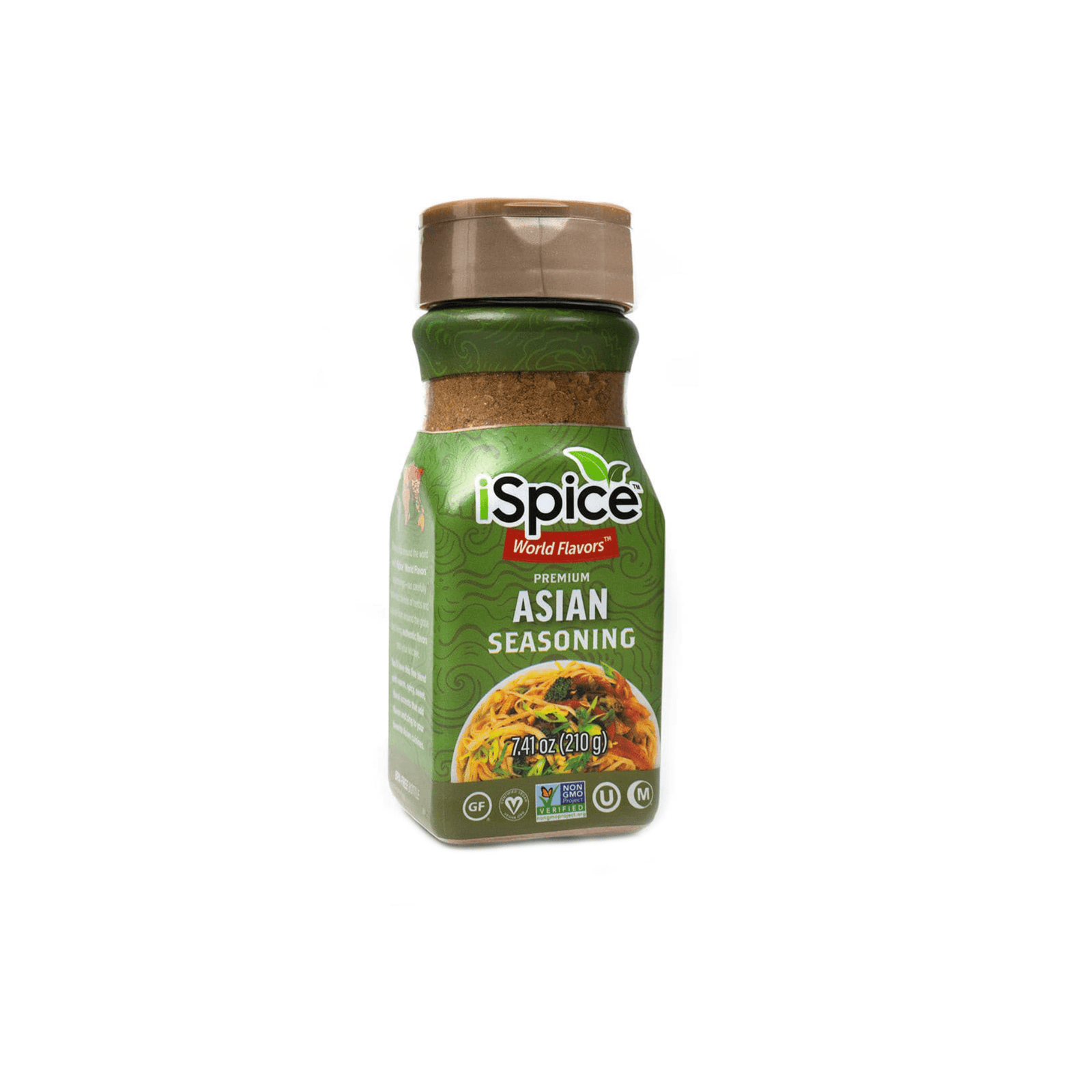Oregano is an important culinary and medicinal herb that has been used for thousands of years. It is used for the flavor of its leaves, which can be more flavorful when dried than fresh. It has a hearty, assertive, bold, slightly peppery taste that can vary in intensity based on where it is cultivated. Good-quality oregano may be strong enough to numb the tongue. Many plants are loosely classified as oregano—it’s sometimes called “wild marjoram”—but the herbs are not interchangeable even though they are both members of the mint family.Native to temperate Western and Southwestern Eurasia and the Mediterranean region, oregano’s most common use is as a staple of Italian-American cuisine. Soldiers returning from World War II called it the “pizza herb”—in Italy it is often used with roasted, fried or grilled vegetables, meat and fish. It combines well with spicy foods.Oregano leaves are a traditional remedy in herbal medicine and there is some current evidence that it has a number of potential health benefits. It can be used as an antioxidant for immune system support and as an aid in upper respiratory infections, it has anti-inflammatory properties and has cancer-fighting effects.
Alert: While spices can have many beneficial properties for health, using them for medical purposes should be done under the guidance and supervision of a healthcare professional or specialist. Some spices may interact with medications or cause adverse reactions in certain individuals, and it is important to use them safely and appropriately. If you are considering using spices for a medical condition, it is important to consult with a healthcare professional before doing so.
| |
Benefits of OreganoSome research suggests Oregano may have the following benefits:
|





















































